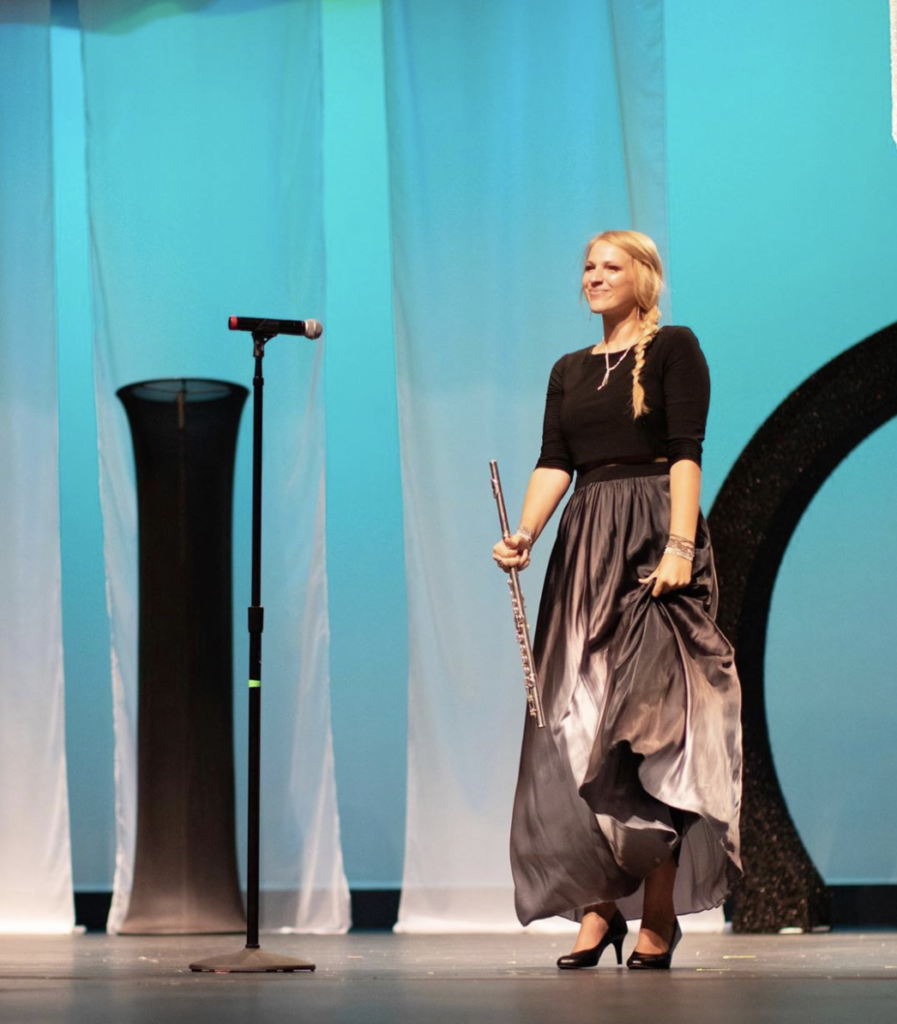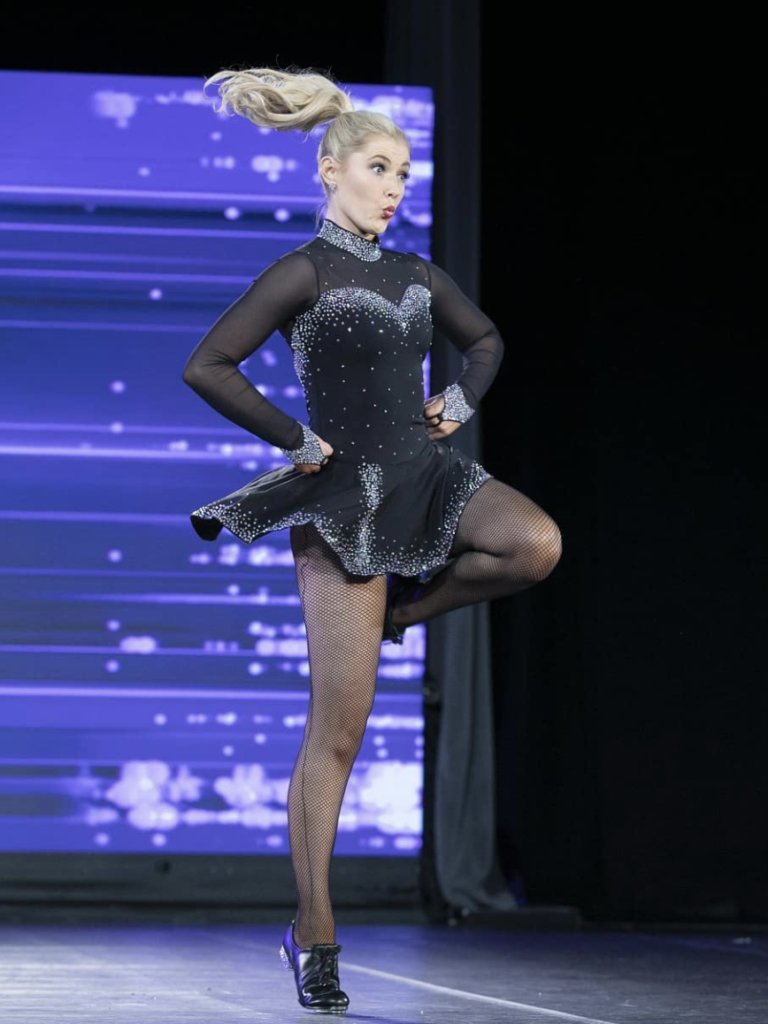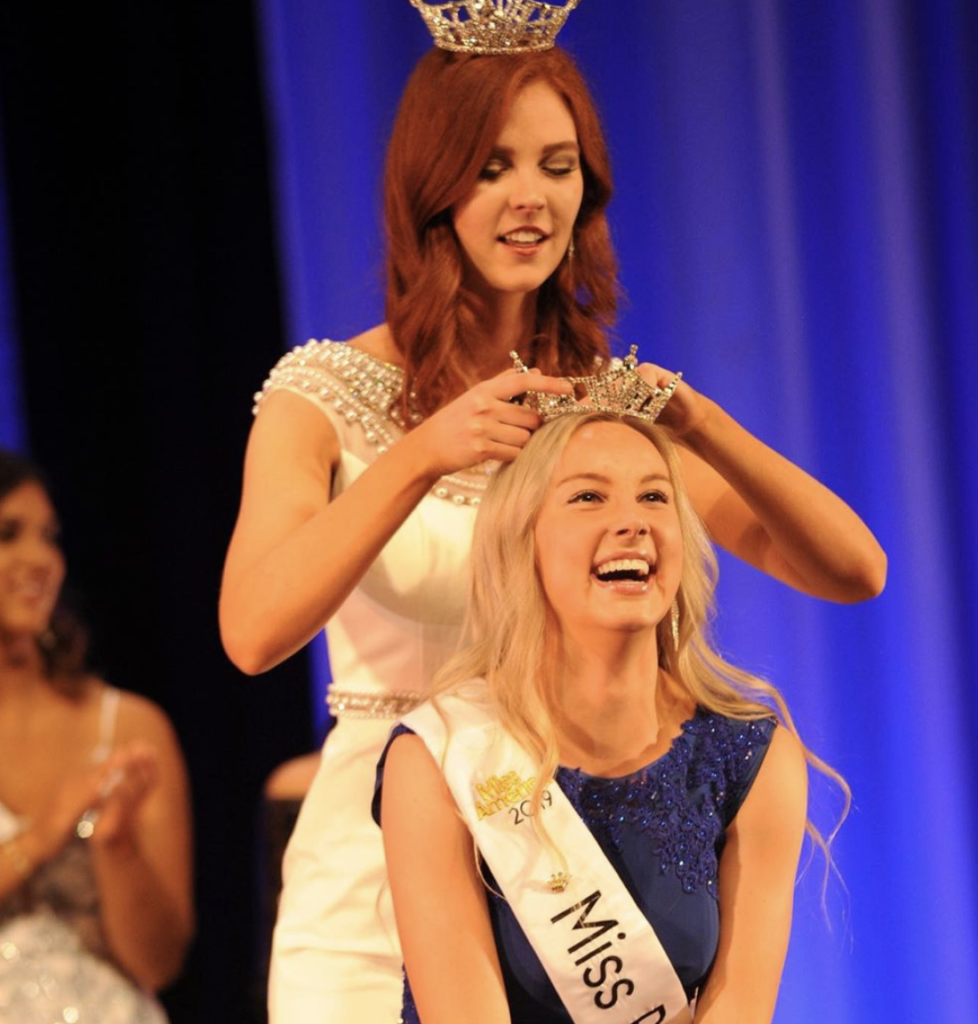
It was a bucket list item for some of them, a way to pay for school for others. Regardless of how they got here, these BYU students are now the proud owners of a crown, a sash and the opportunity to represent and impact their communities.
Six members of BYU’s student body are current titleholders in the Miss America Organization. Local titleholders include Lindsey Gill (Miss Provo), Glory Thomas (Miss Orem), Brittney Herman (Miss Zion), Sarah Nelson (Miss Murray) and Sasha Sloan (Miss Greater Salt Lake).
Abbie Kondel, a BYU senior, currently holds the state title of Miss Washington. Kondel participated in the Miss America 2020 competition in December.
Between school, work and titleholder responsibilities, these ladies are some of the busiest on campus. They explained how they are balancing all of the demands on their time, what they are doing to prepare and what their crown means to them.
Service and Social Impact
What does someone like Miss Provo actually do? According to Gill, the job description is a lot longer than “smile and wave.”
“Not only am I preparing for the (Miss Utah) competition itself, but I’m also raising money for CMN (Children’s Miracle Network) hospitals, attending city events and promoting my social impact initiative,” Gill said.

Titleholders each choose a social impact initiative — an issue they are passionate about and promote awareness of in their community throughout the year.
For example, Herman started a non-profit organization called We Will that seeks to prevent sexual assault and mitigate its harmful effects. Sloan is the founder of Rise for Refugees, an organization focused on including, supporting and educating Utah’s growing refugee population.
Thomas, a music education major whose platform involves spreading kindness, said the community service aspect of her title is the most fulfilling to her.
“I am the city’s designated helper. Whenever an organization or business needs volunteers, they turn to the Miss Orem organization to find the help they need,” Thomas said. “The work we do is valuable, it’s hard and it’s absolutely worth it.”
Preparation
Though they each enjoy serving, these women have an important competition that is quickly approaching. They will compete for scholarships and the title of Miss Utah from May 28-30 at the Capitol Theatre in Salt Lake City. Scholarships and other awards are on the line, which can lead to stressful preparations.
Getting a stage-ready swimsuit body is no longer on their list of things to do, as Miss America made some big changes to its program in 2018, including the discontinuation of the swimsuit portion of the judging. But contestants still have plenty to prepare for.

Herman, a third-year student working toward her doctorate at the BYU Law School, explained what preparations go into an average day.
“I practice my talent, the flute, for almost an hour every day. I practice hundreds of interview and on-stage questions both on my own and in mock interviews with my team,” Herman said. “I also practice walking like I would on stage. My classmates will sometimes catch me strutting my stuff in the hallways at school and tease me, but it’s critical practice.”
Nelson, a senior in the Marriott School School of Business accounting program, is also diligently preparing to compete in the talent and interview portions of the competition.
“In between classes you’ll find me in the HFAC practicing my classical piano solo for my talent,” Nelson said. “When I’m driving in my car, I’ll listen to current events podcasts and stay up to date with politics in preparation for the interview portion of the competition.”
Scholarships

The Miss America Organization is the largest scholarship foundation for women in the world, according to its website.
“The crowns aren’t just sparkly, they’ve paid for my education,” Sloan said. “I’ll be graduating debt-free from BYU in the spring because of the thousands of dollars I’ve earned competing for Miss Utah.”
Kondel entered her first Miss America local program as a senior in high school after being accepted into BYU. Though she did not win that first competition, she walked away with $2,500, nearly enough to pay for her first semester of school.
“It was the perfect set up,” Kondel said. “I could continue to showcase my love for dance while gaining scholarship money to pay for BYU. I fell in love with the program and I’ve been hooked ever since.”
Balancing Commitments
BYU students are no strangers to busy schedules, and these titleholders are no exception. They said one of the biggest takeaways from their experience with Miss America has been time management skills.

“I’ve learned firsthand that juggling multiple things is tough, especially because I also have two jobs on top of school and Miss Provo,” Gillman said. “If I want to be successful in each of those aspects, then effective planning is essential.”
Nelson said she uses an extensive planner to keep track of all her commitments, while Herman said she has abandoned the idea of free time altogether.
“I feel confident that I will look back at my time as a titleholder and recognize that I helped people,” Herman said. “To me, this knowledge is worth having less free time.”
Kondel said that even though the job is demanding, she does not feel that it has had any negative effect on her education.
“I have never felt like competing has taken over my ability to pursue my degree,” Kondel said. “If anything, it has only enhanced my ability to learn, connect with others and manage time.”
Breaking the Stigma
Despite these students’ positive experiences with the Miss America program, they say facing stigma and stereotypes linked to traditional ideas about “pageant queens” is not easy.

Sloan experienced these stereotypes firsthand at a community service event last year. She said while she was helping some kids with a craft activity, one little girl turned to her mom to ask who Sloan was. Sloan remembers the mother responded, “Oh, she’s just someone who won a beauty contest.”
“My heart just sunk,” Sloan said. “I wanted to explain to this mother that there were so many reasons that I could be a role model for her daughter as a public figure — and none of them have to do with the way that I look. We should never teach our daughters that that’s the most important characteristic they have to offer.”
Herman admits she used to be someone who believed these stereotypes.
“I didn’t begin participating in these competitions until I was older, and I admit that I had already formed some bias against the competitions and the types of girls who participated,” Herman said. “My beliefs and stigmas were the same ones I hear today, that women who participate are shallow, silly or even dumb. I have been so humbled to realize that I compete with intelligent, successful and talented women.”
As the Miss America Organization continues to evolve, titleholders expressed the hope that people’s perceptions of the program would evolve as well.
“There are no points for beauty, no parade of swimsuits, none of the traditional fixtures associated with a ‘beauty queen,’” Sloan said. “I wish that people understood that these women competing aren’t just pretty girls — they are social entrepreneurs with an aptitude for civic engagement and a passion for personal development.”
Nelson agrees that these stereotypes don’t accurately reflect the work that titleholders do.
“It’s so much more than pageant gowns and a crown,” Nelson said.




